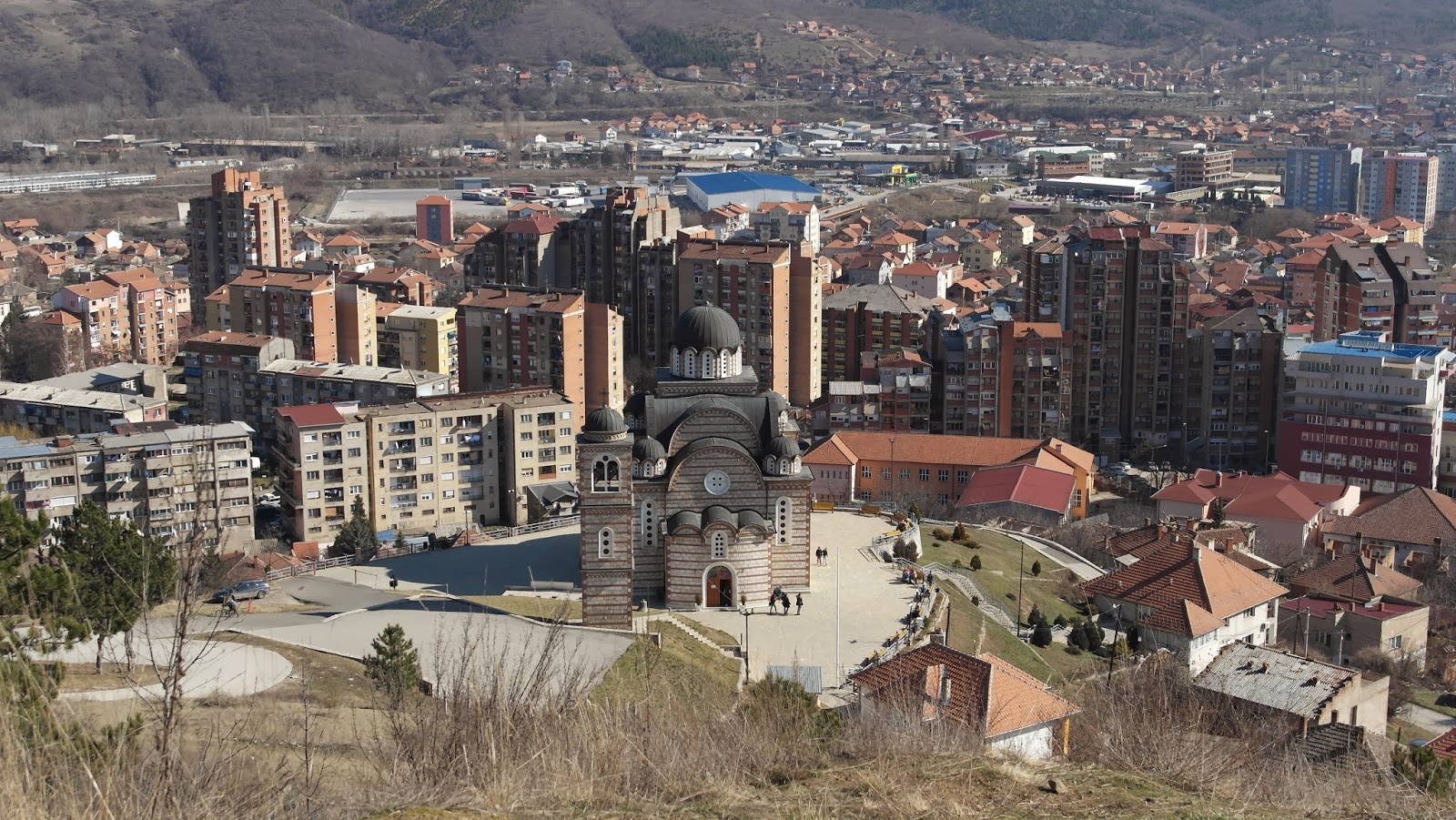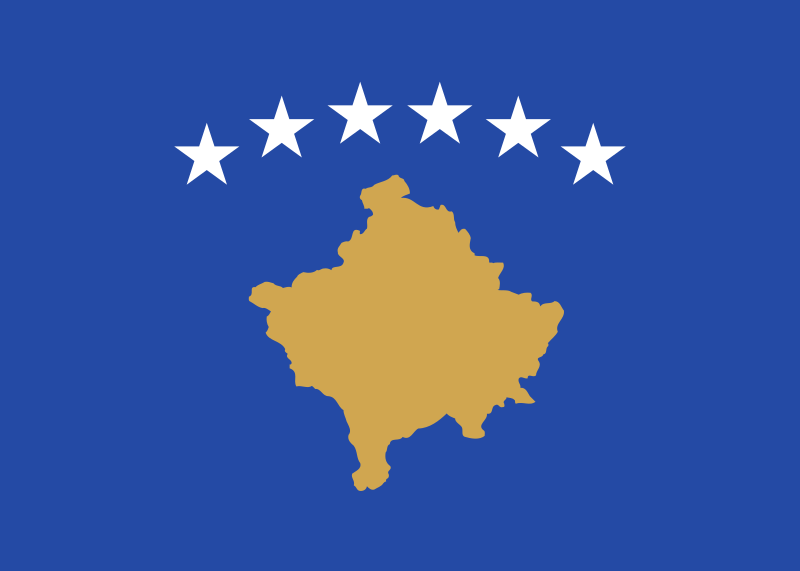Radical change does not mean only a transition from a student to working life. If may also mean a major transformation of lifestyle. For me this has meant making my life as non-materialistic as possible. Escape from capitalism? Not quite. Rather, an attempt to revise what I want and what I actually need in my life.
As a student, I was very lucky to get a statutory student grant and a low-interest loan. This is something that maybe 95% of all the students in this world will never get. Even when living in dead expensive London, I sometimes had money for some treats. Quite often, a "treat" would mean something like a new mascara, a new lip gloss, a new bottle of fragrance, another make up brush into my big collection, one more eye shadow (despite already having hundreds) and so on. With a Boots or Superdrug at every street corner, it was dead easy to find a treat. I would always have a spare fiver for that gorgeous new lip gloss.
It used to be that once one starts working and earning money, the standards of living would go up, up, up, one would rush to get a mortgage, buy a new car, book a luxury holiday to the Carribbean... But now, during the golden age of (unpaid) internships, nothing is that simple. I am currently and EVS volunteer and wrhile I do get a small allowance, I can only dream about the same (modest) living standards I used to enjoy whilst studying in London. Life is all but cheap in Pristina. I just bought some cans of chopped tomatoes for 70 cents each, whilst in London I never paid more than 35 pence. I bought some red kidney beans for goulash with each tin costing me 90 cents. Again, I miss the British price of 30 pence... Sounds like a small difference but when the same goes to all groceries, my food bill is significantly higher than it would have been in the UK.
While the foodstuffs are quite essential for living, something else is not: the cosmetics. Ok, I admit it, I am suffering from terrible rash and need some cream for it. Even that cream, whatever the brand, costs twice or three times as much as in the UK. Even worse if it was a luxury brand like something that is sold in a department store.
Here is my radical change illustrated by a Polyvore set:
Bye bye!
Here is my radical change illustrated by a Polyvore set:
Bye bye!
Hello and welcome!
There are a few good reasons to give up the stuff in the set two and rather use whatever is in the set two. First of all, things in the first set are rarely available in Kosovo and even if they are, they are either 1) counterfeits or 2) dead, dead expensive. Secondly, why do I actually need the products at the first set? I still haven't come across a scientifically conducted study that proves that expensive cosmetics are more beneficial than the cheaper ones. Moreover, I like some of the things in the second set because they can be used in so many ways. For example, that baby cream in the pink bottle, it works as a cleanser, facial lotion, eye cream, body lotion, even as a hair conditioner! Nivea Creme is a classic, and for a good reason, it is helping with my rash. Sales assistants at the cosmetics counters will hate me now... By the way, those baby wipes are absolutely essential when you live without 24 hour water. A good way to get rid of makeup when you are late at home... Here, late means later than 21:30 when the water is cut off.
Final cliche: I hope that by revising my consumption habits now, I will never again return to the old habit of wasting money to expensive stuff that does not work. I wish I will remember this once I live again in a place like London where there is no escape from capitalism, not even in the hippiest place one can guess.

















.JPG)